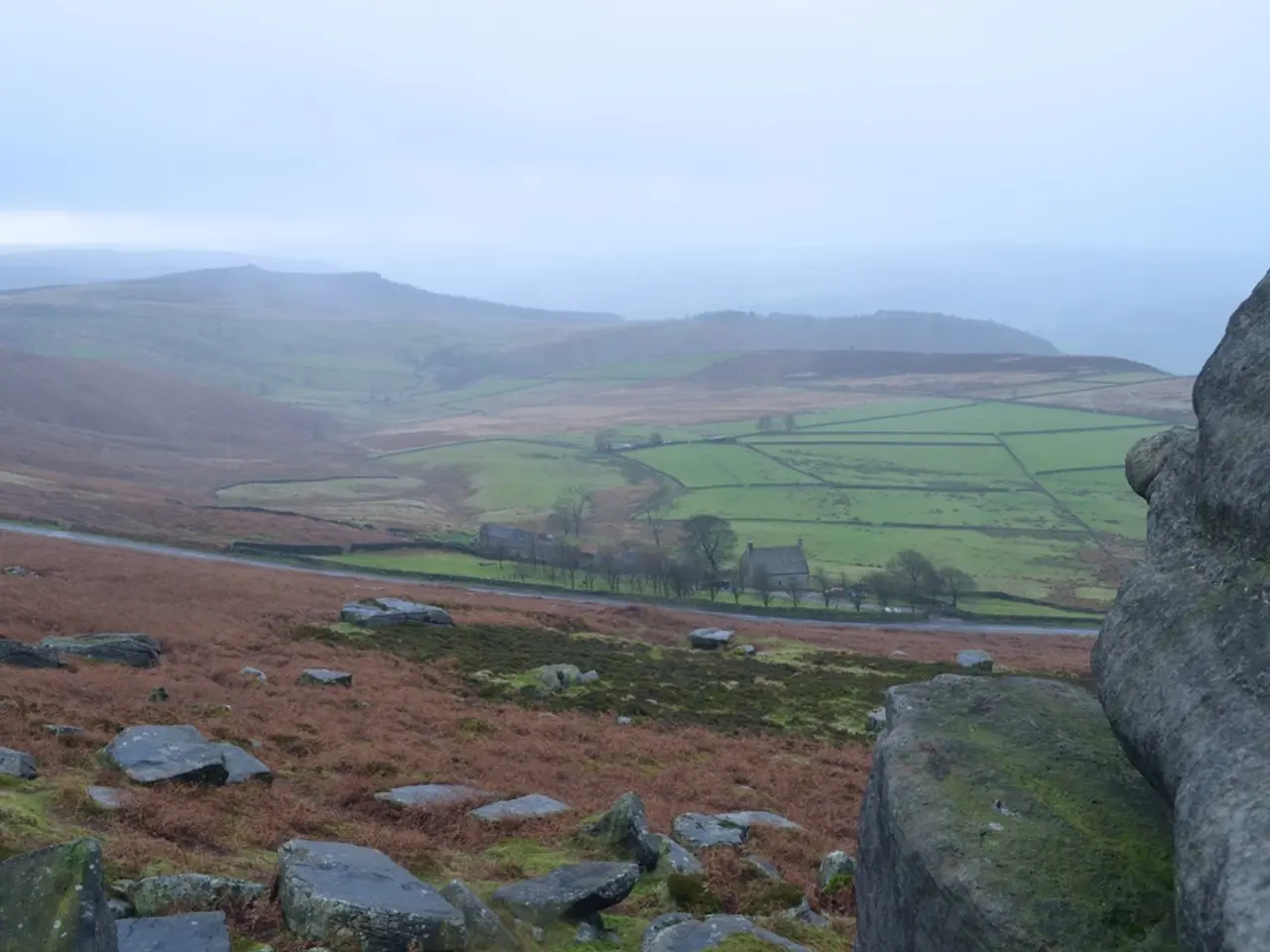Asia-Pacific Vacationers Rank Indians Second in Confidence Level
India's Brazen Travelers: Confident and Ready to Explore
India is known for its fearless explorers, and that reputation is reflected in the latest edition of the APAC Travel Confidence Index (TCI). Indians rank second in travel confidence across Asia-Pacific (APAC) nations, demonstrating a resilience that belies international challenges.
According to the report, India follows Hong Kong, China, Singapore, and Taiwan in travel confidence. The travel industry has been hit hard by inflation, geopolitical instability, climate change, and supply chain disruptions. Yet, despite these issues, 86% of Indian travelers remain optimistic about their future travel plans, with 61% unwilling to postpone their trips in the next year.
Intriguingly, Indian travelers aren't just content with maintaining their travel frequency; they aim to increase it. An impressive 68% plan to expand their travel budget for the upcoming year.
Unveiling the Indian Traveler Pattern
Indian travelers exhibit a unique pattern that sets them apart, particularly in their approach to planning and food preferences. Approximately 57% prefer to have a well-planned itinerary and make advance reservations for accommodations, activities, and dining. They value structure and the assurance of receiving desired services.
While they are open to trying various cuisines, a staggering 60% consider it crucial to have the option of enjoying Indian food during their travels.
Indian travelers also have a preference for domestic travel, with 43% expressing a fondness for exploration within the nation. They value making meaningful connections during their journeys, with 33% pursuing authentic experiences.
In terms of specific Indian destinations, the majority of respondents, 71%, are drawn toward North India. A further 60% are attracted to South India, 41% express interest in West India, 37% are curious about North East India, 16% show interest in East India, and 13% prefer Central India.
Motivations Igniting Wanderlust
Travel is a significant desire for many APAC residents. For most Indian travelers, the primary motivation is seeking relaxation, rejuvenation, and a temporary escape from their routine (57%). However, unlike many others, Indians also crave knowledge. With 34% of them interested in learning about the places they visit, they aim to educate themselves about their travel destinations.
Around 26% want to immerse themselves in the local culture, embracing customs and traditions. Cost-savings play a role too, with 39% planning trips around travel discounts and deals. A further 38% are open to traveling during off-peak seasons, and 36% are willing to stay with friends or family to cut down on expenses.
Inspiring the Future of Travel
Santosh Kumar, overseeing India, Sri Lanka, the Maldives, and Indonesia at Booking.com, noted that Indian travelers not only possess robust travel confidence but also exhibit a strong inclination towards sustainable travel. With this inspiring enthusiasm for exploration among Indians, we can expect the travel industry to continue flourishing in the foreseeable future.
Exploring Asia-Pacific's Travel Landscape
India plays a vital role in shaping the Asia-Pacific hospitality sector, underpinned by resilient domestic travel demand and a growing outbound segment. This dual demand fuels performance-led growth in hotels and hospitality services across the region.
Indian travelers are increasingly drawn to lifestyle, luxury, and MICE (Meetings, Incentives, Conferences, and Exhibitions) segments, suggesting a motivation for immersive, premium, and business-oriented travel experiences.
Indian outbound travel to key Asia-Pacific destinations significantly influences regional travel dynamics, sustaining premium pricing in hospitality. However, data from June 2025 shows a slight dip in planned longhaul travel to Europe among Indian travelers, attributed to rising costs, hinting at a more cautious approach toward expensive international trips.
Younger generations, particularly Millennials and Gen Z, are increasingly confident about AI's positive impact on corporate travel, desiring speed, efficiency, and personalization in travel experiences.
Infrastructure improvements and economic sectors in India, driven by technology and financial services, indirectly stimulate business travel and related hospitality demand. Although challenges like high tax rates remain barriers, the enthusiasm for travel amongst Indians ensures the continued growth of the travel industry in Asia-Pacific.
Sustainable travel is a significant focus for Indian travelers, who demonstrate an affinity towards eco-friendly experiences while exploring Asia-Pacific. In line with this, Indian travelers are increasingly interested in local culture, aiming to immerse themselves in customs and traditions during their journeys as they expand their travel itineraries.




